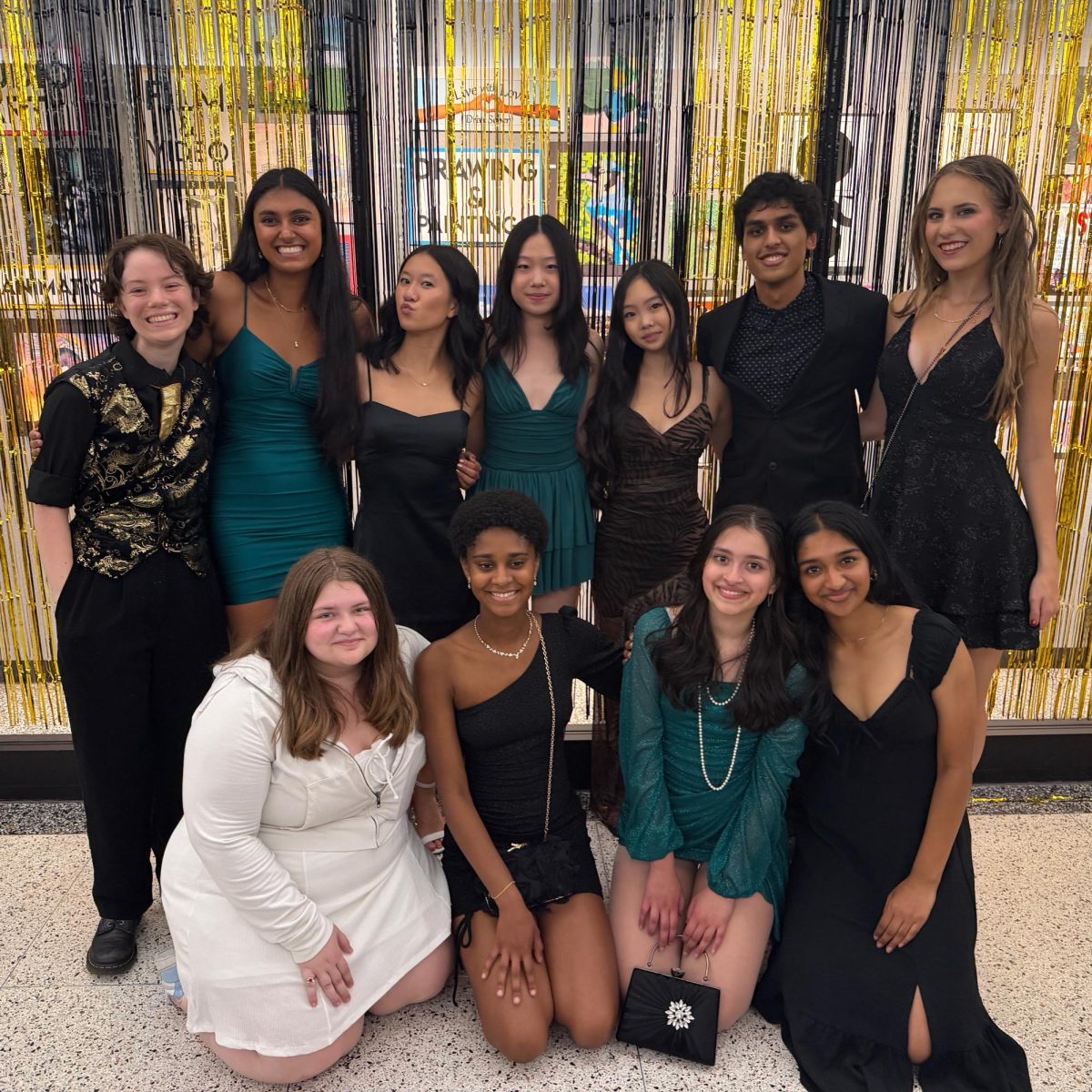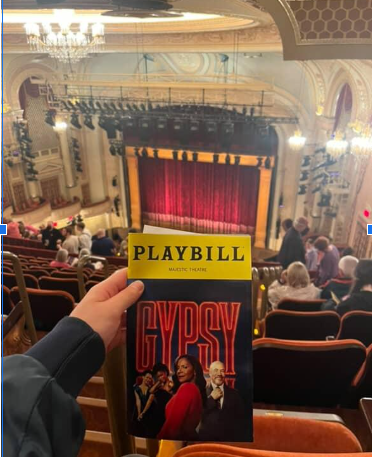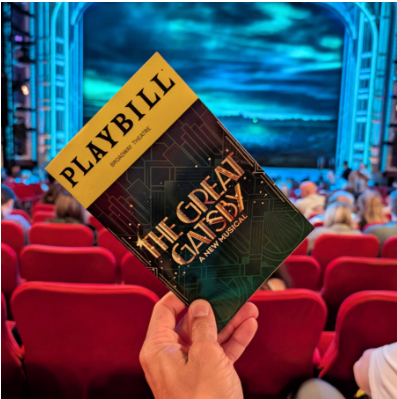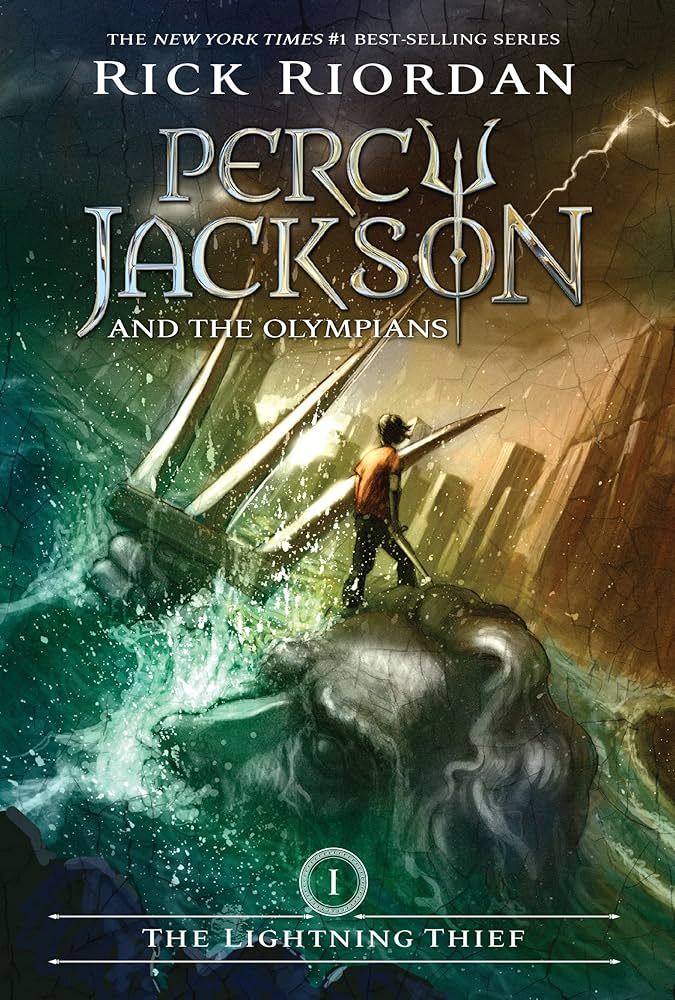It is the summer of 1983, and amidst the countryside of rural Northern Italy, the relationship of two young men has begun, with the destructive consequences of their choices yet to be set into motion. So begins the stirring story that is “Call Me By Your Name.” Andre Aciman’s debut coming-of-age novel voices the beauty and vast pain that comes with not only maturing, but falling into the trap of true love.
Elio Perlman, a 17-year-old Jewish Italian-French teen meets 24-year-old Jewish-American graduate student, Oliver, as he spends the summer with the Perlman family to help with his academic paperwork. Initially, Elio, characterized as an introspective bookworm and musician, thinks he has little in common with Oliver (“He came. He left. Nothing else had changed. I had not changed. The world hadn’t changed,” Elio states). However, as the two men spend more time together, from going on long bike rides throughout the Italian countryside, to swimming in the sea, their fondness for each other gradually develops into a tumultuous love.
Unbeknownst to Elio’s friends and family, the two pursue an intimate and passionate relationship in the little time that Oliver has in Italy. However, problems arise almost immediately, with Oliver feeling an immense amount of guilt, thinking he has “taken advantage” of young Elio, grappling with the concern of others finding out about their affair, (“We haven’t done anything to be ashamed of, and that’s a good thing,” Oliver asserts as he refuses Elio’s advances). On the other hand, Elio, naive to the society in which he lives, is frustrated by Oliver’s hesitance, not understanding the potential harm that could come from their actions.
Despite many critics’ skepticism that “Call Me By Your Name” contains the same old repetitive love trope of the “will they-won’t they” storyline, it is difficult to deny the book’s extensive roots in Italian art and culture, adding unique depth and symbolism to a fairly common plot. The book additionally provides an intricate incorporation of important themes, such as the challenges of maturing, and the importance of nostalgia. Ultimately, this is what remains memorable to the reader, not the overused romanticism occasionally shown within the plot, separating it from similar romance books of its time.
The book itself serves as a commentary on the social stigma surrounding the LGBTQ+ community during the 1980s. Although not openly evident, the two men’s views on their relationship reflects the similar views in which their society holds. Both feel an increasing sense of shame for their actions, and the reader must ask themselves, where did this sense of shame come from? Was it indeed from their upbringing and the society around them? This reality is extremely probable, and because of this, the two men must come to terms with their unobtainable wants for any future together. Aciman demonstrates that a love-story doesn’t only have to tug at the heart strings, but can also successfully incorporate a specific culture filled with immense beauty, but also harsh social stigma.
Arguably, the most distinguishable theme advanced throughout the storyline is the beauty and pain that comes with nostalgia. Both Oliver and Elio are inevitably bound to live with only memories of one another, especially as Oliver has to return back to the US at the end of the summer. It is this nostalgia from their time spent together that Aciman places heavy emphasis on. The book is told from Elio’s future perspective, looking back on the events of the story. The melancholy yet hopeful tone of Elio’s narration further reminds readers that memories are a key to happiness, and an abundance of pain, but as Elio’s father puts it, “We rip out so much of ourselves to be cured of things faster…But to feel nothing so as not to feel anything – what a waste!”
“Call Me By Your Name” is a masterpiece in storytelling, exploring the risks we as humans take for connection, intimacy, and love, delivering a powerful, and standout romance novel of the twentieth-first century.
































